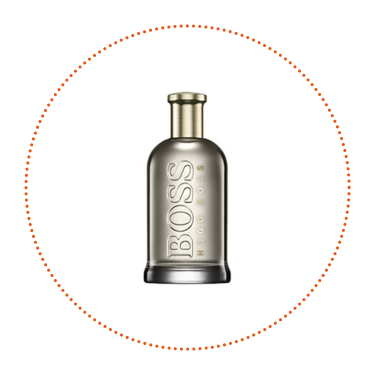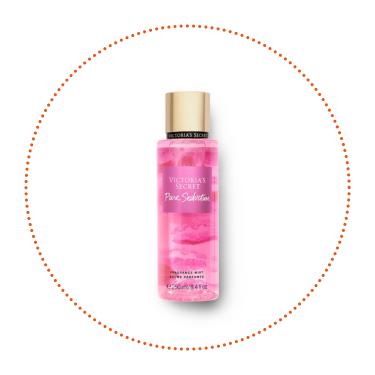Skin or Clothes? Where to Apply Perfume
Have you ever wondered whether perfume lasts longer on your skin or clothes? This debate has been ongoing among fragrance lovers for years. Some believe applying perfume on the skin enhances its depth, while others say fabric holds the scent better. But which one is truly the best?
In this blog, we’ll explore the pros and cons of both methods, what experts recommend, and how you can maximize your fragrance’s longevity. By the end, you’ll know exactly where to apply your favorite scent for the best results!
Applying Perfume on Skin – Pros and Cons
Why Perfume Works Well on Skin
Applying perfume directly to the skin is the most common method. The warmth of your body helps activate the fragrance, making it evolve throughout the day. Your skin’s natural oils mix with the perfume, creating a unique scent that is personal to you.
To get the best results, apply perfume to pulse points where the blood vessels are close to the surface. These include:
- Wrists
- Neck
- Behind the ears
- Inside elbows
Tip: Moisturized skin holds fragrance longer, so apply an unscented lotion before spraying your perfume.
Drawbacks of Applying Perfume on Skin
While applying perfume on the skin has its benefits, there are also some downsides:
- Fades faster on dry skin: If your skin is dry, the fragrance may not last long.
- Can cause skin irritation: Some perfumes contain alcohol or essential oils that may cause redness or allergies.
- Alters the scent: Your body’s natural pH and chemistry can change how a perfume smells compared to how it smells in the bottle.
When to Avoid Applying on Skin:
- If you have sensitive skin or allergies.
- In hot weather, sweat can mix with perfume and create an unpleasant smell.
Applying Perfume on Clothes – Pros and Cons
Why Perfume Works Well on Clothes
Many fragrance lovers prefer spraying perfume on clothes because fabric holds scent longer than skin. Unlike skin, which absorbs and alters the fragrance, fabric keeps the scent true to its original form. This is a great option if you want your perfume to last all day without frequent reapplication.
To get the best results, spray perfume on fabrics that hold fragrance well, such as:
- Cotton
- Wool
- Denim
Tip: Mist your clothes from a slight distance to prevent strong, concentrated spots of fragrance.
Drawbacks of Applying Perfume on Clothes
While applying perfume to clothes helps with longevity, there are also some downsides:
- May stain delicate fabrics: Perfume contains oils that can leave marks on silk, satin, or suede.
- Less interaction with body heat: The scent doesn’t evolve as it would on the skin.
- Not all fabrics hold perfume well: Synthetic materials may not retain the fragrance for long.
When to Avoid Applying on Clothes:
- If you’re wearing delicate fabrics that stain easily.
- If you prefer a scent that develops with your body chemistry.
What Do Perfumers and Experts Recommend?
Perfume experts agree that the best way to apply fragrance depends on the perfume type and your personal preference. Eau de Toilette (EDT) works well on both skin and clothes, while Eau de Parfum (EDP) and Parfum last longer on the skin.
For maximum longevity, experts recommend layering—apply on pulse points for warmth and mist lightly on clothes for extended wear. If you have dry or sensitive skin, applying on clothes is a safer option. Ultimately, the best method is the one that works for you—experiment and find your perfect scent routine!
Conclusion– Which One is Better?
So, should you apply perfume on your skin or clothes? The answer depends on your personal preference and how long you want your fragrance to last.
- For a personal and evolving scent, applying perfume on skin is ideal.
- For longer-lasting fragrances, spraying on clothes works better.
- For the best of both worlds, layering on both skin and fabric can enhance longevity and projection.
There’s no right or wrong choice—experiment and find what suits you best! How do you prefer to wear your perfume? Let us know!










Leave a comment